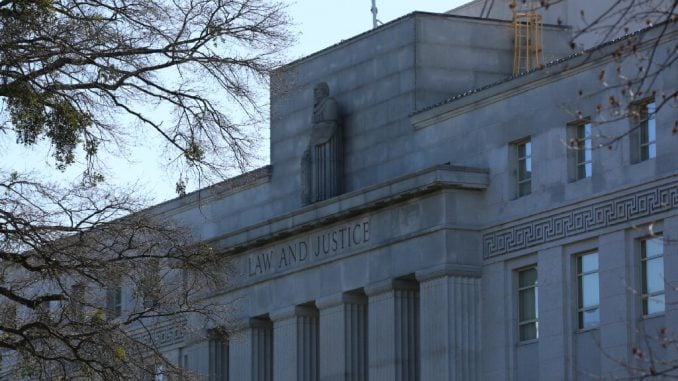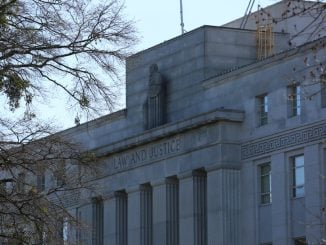
With the primary election wrapped up, it is time to look toward November. As campaign ads flood our state’s airwaves, voters will hear a lot about and from candidates running in high profiles races that attract most of the attention and campaign donations. Some voters will focus on these races, others will tune out of the incessant politicking. Few will focus on important down-ballot races.
But those races are critical. Perhaps the most critical are the North Carolina Supreme Court races.
Why should voters care so much about the Supreme Court races? The North Carolina Supreme Court has the final say in interpreting our laws. Many of its decisions may go with little notice outside the legal world, but the impact of those decisions almost inevitably has a ripple effect across the state. Supreme Court decisions impact how bureaucrats create or enforce regulations, how law enforcement carry out their duties, how business disputes get resolved, and a host of other matters.
In addition to the less well-known work of the Supreme Court are numerous critically important and often politically charged cases, including redistricting, voter ID, and separation of powers cases. Those cases have attracted the public’s attention in recent years. Consider last month’s decision from the Court of Appeals to halt implementation of the voter photo ID requirements passed by the legislature to implement a constitutional amendment ratified by 55% of voters in 2018. That case isn’t before the Supreme Court yet, but it will almost certainly end up there.
Voters’ attention, often piqued by decisions from over-reaching judges, should extend to all members of the judiciary. The time has come for voters to educate themselves about the candidates for Supreme Court and other judicial races. This year, North Carolinians will have to ask whether they want activist judges or judges who understand and respect the role of the judiciary in our three-branch system of government.
In an ideal world, the public could be sure that politics doesn’t factor in the judicial process. The reality, however, is that political affiliation is seen as a sign of a judge’s jurisprudential philosophy and can reveal his or her approach to the judicial process. Party affiliation can reflect a candidate’s view of the role of the government in general and the judiciary in particular. For many voters, party affiliation is the most easily found information about a judicial candidate.
Right now, the partisan breakdown of the Supreme Court is 6-1, with a Democratic majority. If Republicans fail to take the chief justice position and to win either of the associate justice races, the court would be entirely composed of Democrats. The longer-term consequences are considerable. With only two seats up for election in 2022, Republicans could not muster a majority in that election without winning at least two Supreme Court races this year. Whether you like that prospect or hate it depends naturally on your partisan preference.
Following the upcoming census, lawmakers will draw new legislative and congressional district maps, as they do after each census. Litigation is sure to ensue. Some of that litigation will proceed through federal courts. Some will go through state courts where the North Carolina Supreme Court will have the final say. And, it’s not just redistricting. Litigation over education funding continues in the ongoing Leandro case. The voter ID case will likely land at the Supreme Court.
That means we can all be sure that this year’s Supreme Court races have the potential to shape North Carolina’s legal and political landscape for years to come.
Jeanette Doran, president & general counsel, NC Institute for Constitutional Law


